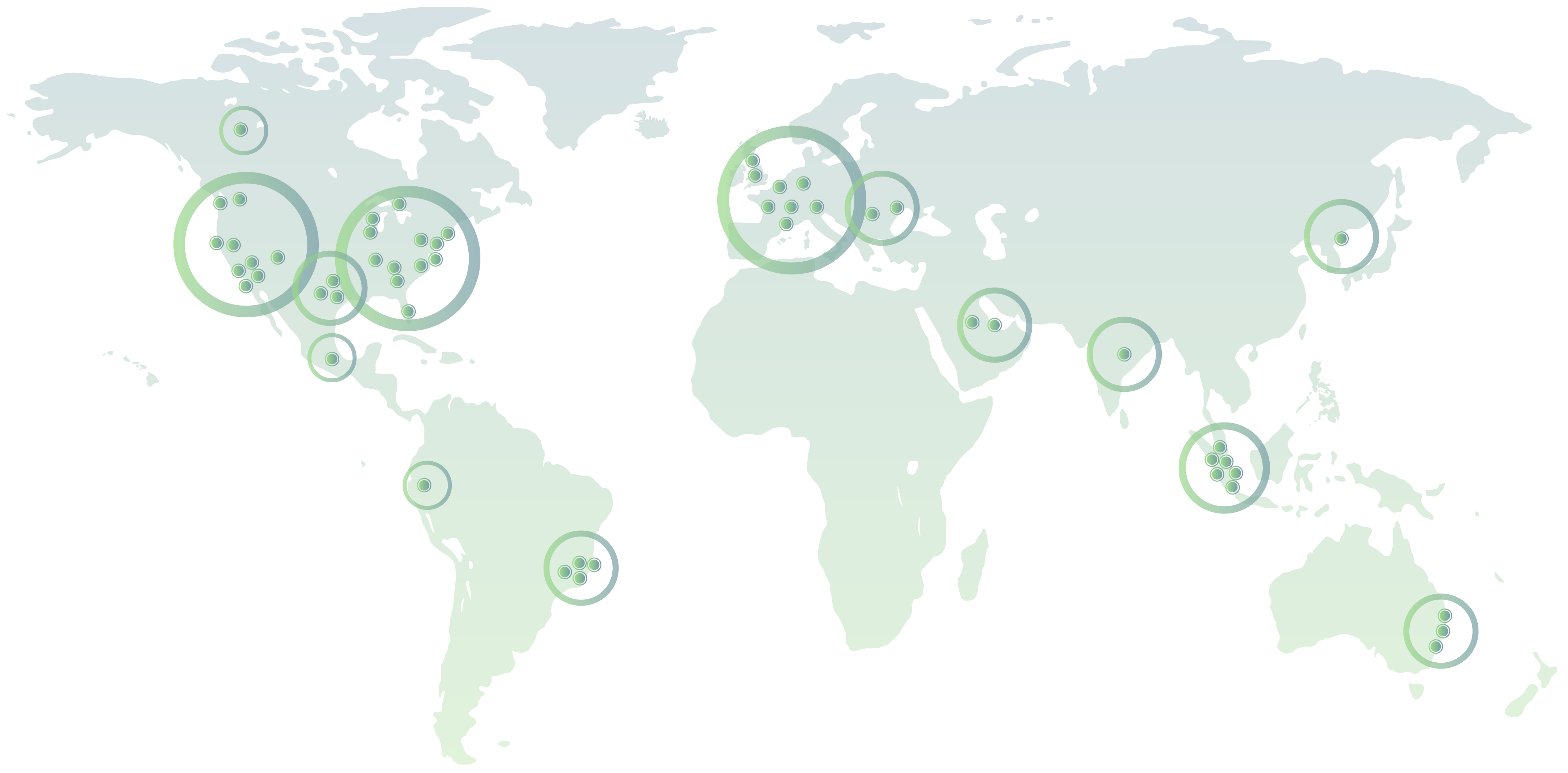
Good timing

William Penn, the founder of Pennsylvania, is cited as saying, “Time is what we want most but what we use worst.” Approximately 325 years later, the quote is still astute—and accurate!
Post pandemic in 2022 and beyond, it is anticipated that 24% of people will work exclusively remote, 53% a hybrid schedule, and 23% fully on site, according to a Gallup survey of more than 140,000 U.S. employees. One of the top reasons employees have driven this cultural shift is because they need flexibility to balance family needs or other obligations. With even less separation between professional and personal hours, time management remains a challenge for employees at all levels and, for those in leadership roles, an especially important skill to master.
As described in a 2020 Helbling blog post, “Real Skills for Virtual Workplaces,” properly managing time involves more than the speed at which a task is completed. Components of time management include identifying the most important tasks and maintaining a focus on completing those tasks despite the many distractions guaranteed to arise during the workday.
Below are five insights and related tactics that may shed some new light on an age-old problem:
Insight 1
Mathematical physicist William Thomson, better known as Lord Kelvin, inventor of the Kelvin temperature scale, spoke about the importance of measurement. He often said, “To measure is to know. If you can measure something, you can know it and improve it.”
It is difficult to improve how we use our time if we do not track how our time is expended.
Related tactics:
- Estimate the amount of time needed for each task.
- Keep a timesheet to learn how much time tasks actually take to accomplish.
- Use an app to help. For example, Microsoft Viva Insights, which is included in a Microsoft 365 subscription plan, offers data about how you use your time as well as recommendations on what you could change to become more efficient.
Insight 2
As Steven Covey, a well-known author and educator coached, “The key is not to prioritize what is on your schedule but to schedule your priorities.”
Instead of working the number of hours necessary to accomplish what is often an unrealistic number of tasks, try determining the number of tasks you can accomplish in a realistic number of hours.
Related tactics:
- Set a start time and a stop time for the day.
- Each day, define your three to five MITs (most important tasks).
- Schedule tasks on your work calendar and block off intervals of time the same way you would for meetings or phone calls.
Insight 3
Famous British political leader Sir Winston Churchill pointedly said, “You will never reach your destination if you stop and throw stones at every dog that barks” or in today’s work world, every email that dings.
While multitasking is often regarded as a strength in the workplace, studies have shown that the time it takes for the brain to switch processes can actually lead to inefficiency. Researchers at the University of Michigan found that productivity dropped as much as 40% when subjects tried to do two or more things at once.
Related tactics:
- With the exception of emergencies or urgent requests, respond to a “distraction” with mention of a future action rather than abandoning what you are working on and acting immediately or trying to do both at once.
- Check and reply to emails at regular intervals, such as every 30 minutes or every hour.
- Consider writing to-do lists of priorities by hand. The action leaves a motor memory in the sensorimotor network (SMN) of the brain, acting as a built-in reminder.
Insight 4
Laozi, widely known as Lao Tzu, was an ancient Chinese philosopher and founder of Taoism. He communicated, “What is malleable is always superior to that which is immovable. This is the principle of controlling things by going along with them, of mastery through adaptation.”
It is important to remain adaptable as a workday or workweek progresses and re-evaluate which tasks are most important.
Related tactics:
- Reshuffle priorities frequently.
- Maintain a low priority task list in case your workload is lighter or something is cancelled or postponed.
- Keep a quick hit list of items that can be accomplished when you have five to 15 minutes of in-between time.
Insight 5
“Almost everything will work again if you unplug it for a few minutes, including you” wrote Ann Lamont, an American novelist and non-fiction writer as well as a public speaker.
There is no harm in taking time to recharge and approach a challenge from a fresh perspective.
Related tactics:
- Take regular breaks to refuel your body with meals and drinks and to stretch and walk.
- Pause to think about something that helps you feel relaxed and happy.
- Build time into your schedule for unexpected conversations whether related to a project or task or an opportunity to socialize.
Time management is one of the skills vital to career success. To learn more about how to assess soft skills in candidates, click here to contact a ZRG search consultant.
Meet the Author


